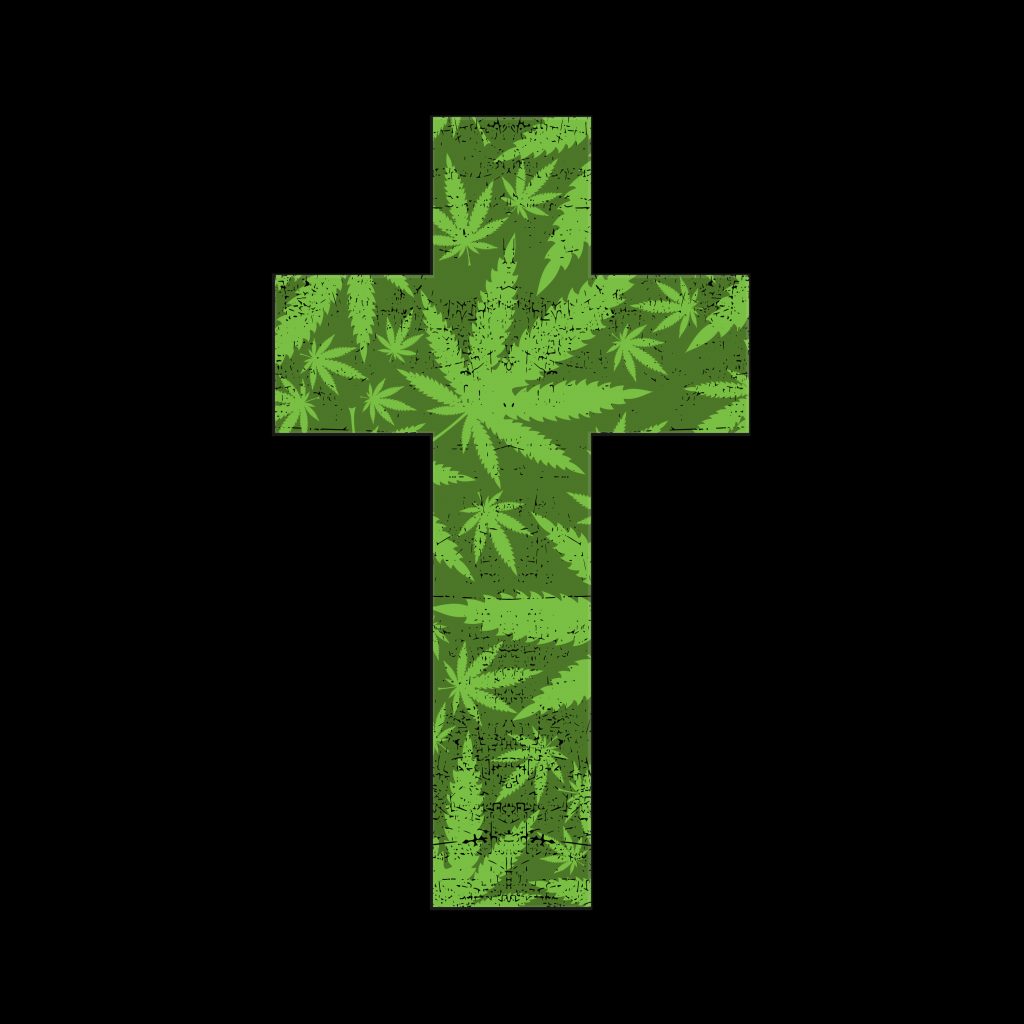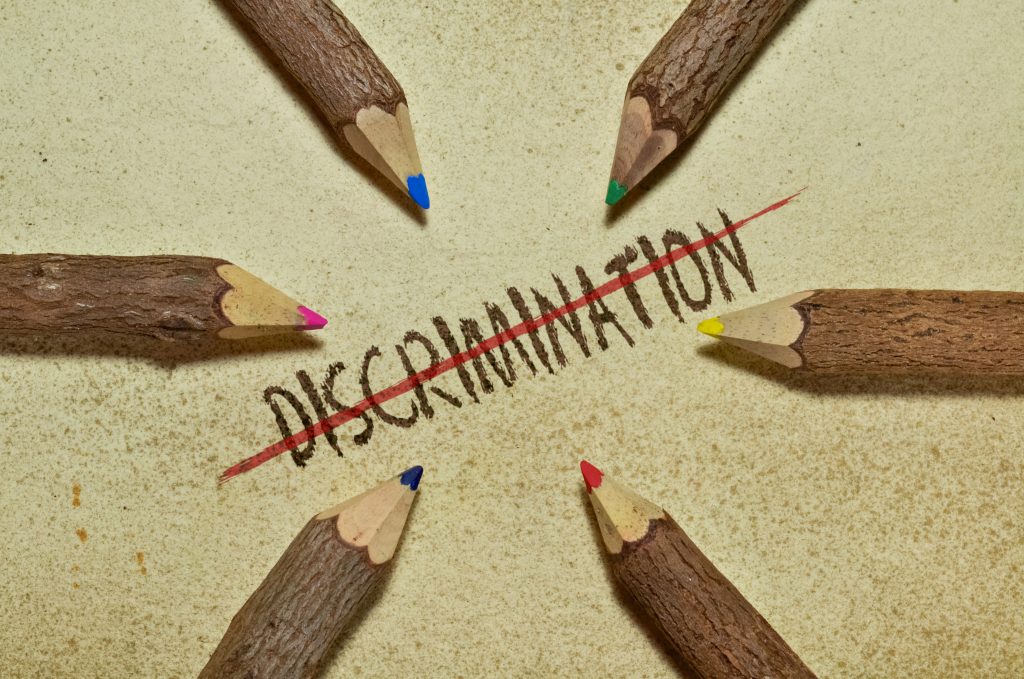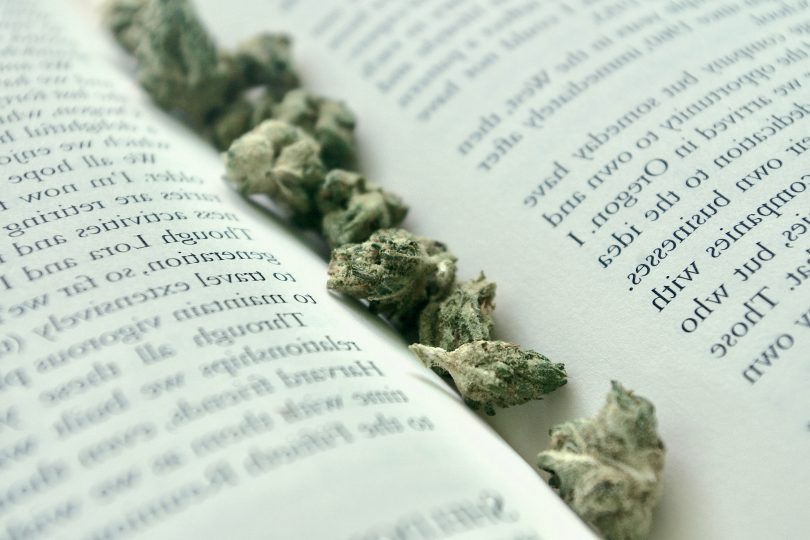Religion is a wide-ranging concept, complete with tons of different practices that have tons of different rules, ceremonies, holy objects, guidelines for substance use, and so on. In the US, while the first amendment is supposed to protect our religious lives, and not impinge upon them, this is not actually the case of what’s going on. And a big factor right now? Religious discrimination against cannabis.
The first amendment is important, but while the US government likes to show religious abuses in other parts of the world, it tends to disregard how it disregards the religious rights of Americans with the discrimination of cannabis for religious purposes. Fortunately, things are starting to change. We follow this industry closely, so subscribe to The THC Weekly Newsletter to keep up-to-date with all the best stories, as well as access to exclusive deals on flowers, vapes, edibles, and more! Plus, save big on cannabinoids like HHC-O, Delta 8, Delta 9 THC, Delta-10 THC, THCO, THCV, THCP & HHC by going to our “Best-of” lists!
Marijuana churches
Before getting to the ins and outs of laws, and how they affect the ability to use cannabis religiously, the first thing to know is that more than one cannabis church already exists. The First Church of Cannabis opened in Indiana in 2015, followed by the International Church of Cannabis in Denver, which opened in 2017, on April 20th, no less.
Both of these churches are registered churches, meaning they aren’t merely a place where a few people gather, but actually have tax-exempt status by the IRS. What this means is that both entities had to be approved for this by submitting paperwork proving themselves as religious entities to the IRS. Both of them did.
The First Church of Cannabis was founded by Bill Levin in 2015, as a response to an overreaching Religious Freedom Restoration Act (RFRA) in Indiana which was signed into law the same month that Levin started his initiative. While the US government has a similar law, the two vary a bit with Indiana’s allowing for way more leniency for corporations and private business to use this as a defense, even when its not actually religiously applicable. It also opens the door for tons of discrimination, including the religious discrimination for use of cannabis.
Detractors were quick to point out that Indiana’s bill “protects the exercise of religion of entities, which includes for profit corporations”, and therefore can “grant religious liberty rights to any corporation, any group of people and any business, regardless of whether or not members of that corporation or business share a religious belief.”

The whole goal of such a law is to keep the government from putting a roadblock in the way of a person’s ability to practice their religion — unless there’s a substantially good reason for the government to intervene. Which makes Indiana’s allowance of these laws to those who will use them as a defense without necessarily practicing a religion, a massive overstep.
Levin did take both the state of Indiana as well as the city of Indianapolis to court, but lost on summary judgement and subsequent appeal, though notably, not from a Supreme Court. So the very law that Indiana enacted that should have protected the ability to use cannabis religiously, was ignored by the very same state’s courts.
The other main marijuana church
The other main marijuana church is the International Church of Cannabis which opened its door on April, 20th, 2017 in Denver, Colorado. The church is run by a nonprofit organization called Eleven Ministries which was established in September 2016 in Colorado. Unlike the First Church of Cannabis, which operates in a completely illegal state, the International Church of Cannabis is in Colorado, which is a legalized state.
This means that though pubic smoking is still illegal in the state, ritual cannabis use can be done by invite. The church cannot sell cannabis, but it uses it for ‘elevationism’ purposes, which is protected under the constitution, so long as its actually held as a belief.
The International Church of Cannabis operates out of an old Lutheran church which is over 100 years old. In earlier years it was known as the Mount Calvary Apostolic Church, but the property was bought by International Church of Cannabis co-founder Steve Burke through another one of his companies. Though he had originally intended to turn the church into apartments, he was convinced to turn it into a pro-weed church instead by friends and family. He was able to raise $40,000 through an Indiegogo campaign to do some much needed fixes on the building.
So who can join? Well, first and foremost, you don’t need to convert. ‘Elevationism’ is conceptual in that way, a supplemental spiritual experience. While participants don’t need to even be 21 years of age to join the church, they must be at least 21 to be there when cannabis is used. Within weeks of opening, the church supposedly had up to 500 members.
Unlike the First Church of Cannabis, which is beholden to non-cannabis-friendly state laws, the International Church of Cannabis operates in a legal state, so upon opening, when state Representative Dan Pabon wanted to initiate a ban on weed use in churches, both left and right promptly shut him down, as it would go against the state’s constitution to do so. Since the two states have their own constitutions, these separate responses make sense on a state level.
Cannabis churches and federal law
The reasons these two churches have enjoyed such different responses, is because their legality depends not on a uniform federal law, but on varying state laws. Indiana didn’t legalize cannabis for anything, Colorado legalized it medically and recreationally. This means Colorado’s state constitution has been amended to allow cannabis, whereas Indiana’s has not, and Indiana goes by federal law, which holds cannabis as illegal on all fronts (except for industrial hemp). Which means while Colorado allows for more, Indiana still holds to the religious discrimination of cannabis use.

What’s funny is that while the US government loves to point the finger at religious persecution and discrimination going on elsewhere in the world, it likes to ignore its own discriminatory behavior based on the prohibition of cannabis. In fact, in a 2020 report, America called out several countries for discrimination against consumers related to the religious use of cannabis, even as the US holds a federal policy that not only restricts use, but which has repeatedly punished people for it.
Which countries did the US remark on? It stated the decriminalization in Barbados and Antigua works to “uphold the religious rights of persons of the Hindu and Rastafarian faiths.” It went on to say regarding this country: “In the wake of decriminalization of marijuana use and cultivation for religious purposes, Rastafarian leaders continued to state publicly the government had taken steps to recognize the dignity and worth of the Rastafarian community”.
Of Jamaica it said: “Rastafarians continued to report wider societal acceptance despite what they said was their continuing to be typecast as marijuana dealers, as well as certain limitations associated with their wearing dreadlocks and smoking marijuana.” It went on to explain that Jamaican banks are applying pressure to the US for bank protection legislation, so they’re not penalized for working with cannabis companies.
Of Sierra Leone it said, “The government continued to enforce a law prohibiting the production, sale, and consumption of marijuana… Rastafarians said this prohibition was an infringement on their religious freedom to access cannabis, a core component of their religious practices.”
These are just a few examples from the report which make clear that prohibitive stances are seen as discriminatory. Of course, that was all from 2020. A more recent report exists for 2021. How crazy is the US of A? While the country is still on weed lockdown, Secretary of State Antony Blinken made this statement in a briefing for the federal Report on International Religious Freedom:
“Religious freedom is a human right; in fact, it goes to the heart of what it means to be human—to think freely, to follow our conscience, to change our beliefs if our hearts and minds lead us to do so, to express those beliefs in public and in private… “ For many people around the world this right is still out of reach.”
Much like the one prior to it, this report documents all the religious discrimination suffered by those who seek to use cannabis for religious purposes, with countries listed including the Bahamas, where it said “Rastafarians said police continued to arrest them for possessing small quantities of marijuana used in ceremonial rituals”, saying law enforcement was “disrespectful and intimidated them during detention.”
Grenada, where the Rastafarian leadership is discussing a possible marijuana legalization with the evangelical community. Malawi, where “Rastafarians continued to object to laws making the use and possession of cannabis a criminal offense in the country, stating its use was a part of their religious doctrine.” And Saint Lucia where it was reported that “continued government enforcement of marijuana laws discouraged Rastafarians from using marijuana for religious purposes.”

And as always, which country did the US leave out of its report on religious persecutions based on cannabis? The US of course! And this even though US courts have continually rejected cases related to arguing for religious exemptions, and has penalized literally hundreds of thousands of people every year through arrests for cannabis use.
Conclusion
With a growing number of states going against federal law, and about half the country living in recreationally legal states, its not shocking that the federal government has two legalization laws in the works. One is called a decriminalization measure, not a formal legalization, however as the bill looks to incorporate taxes for cannabis, it sounds rather like a real legalization that’s masquerading as a decriminalization, possibly because it sounds nicer to detractors.
Keep watch of the MORE act, (which was ordered to the House floor for a vote on September 30th) and Cannabis Administration and Opportunity Act (which has only been introduced as a draft bill thus far) to see how the US treats its own religious persecution of citizens in the future!
Hello readers! Welcome to CBDtesters.co, the internet’s one-stop-shop for the most exciting and relevant cannabis and psychedelics-related news going on now. Stop by whenever possible to stay in-the-loop on the always-changing universe of legal drugs and industrial hemp, and remember to sign up for The THC Weekly Newsletter, so you’re always first to get every story.
Disclaimer: Hi, I’m a researcher and writer. I’m not a doctor, lawyer, or businessperson. All information in my articles is sourced and referenced, and all opinions stated are mine. I am not giving anyone advise, and though I am more than happy to discuss topics, should someone have a further question or concern, they should seek guidance from a relevant professional.







